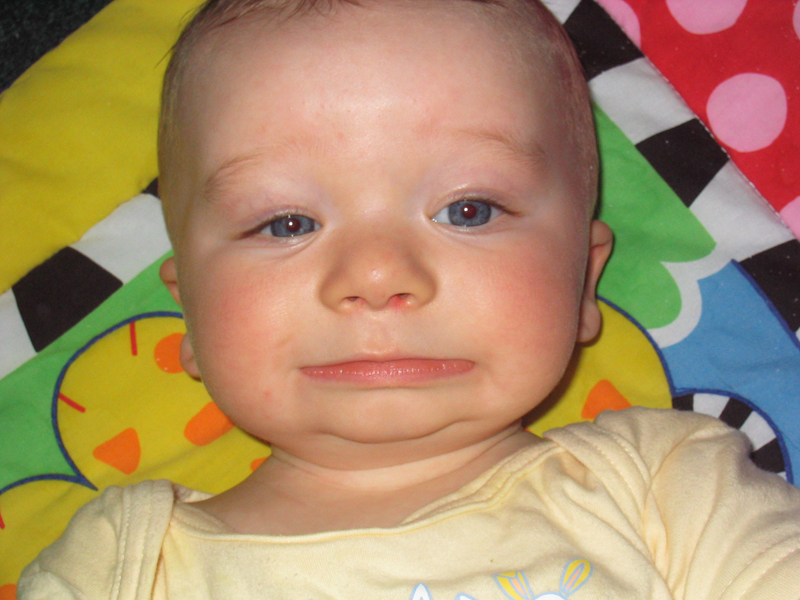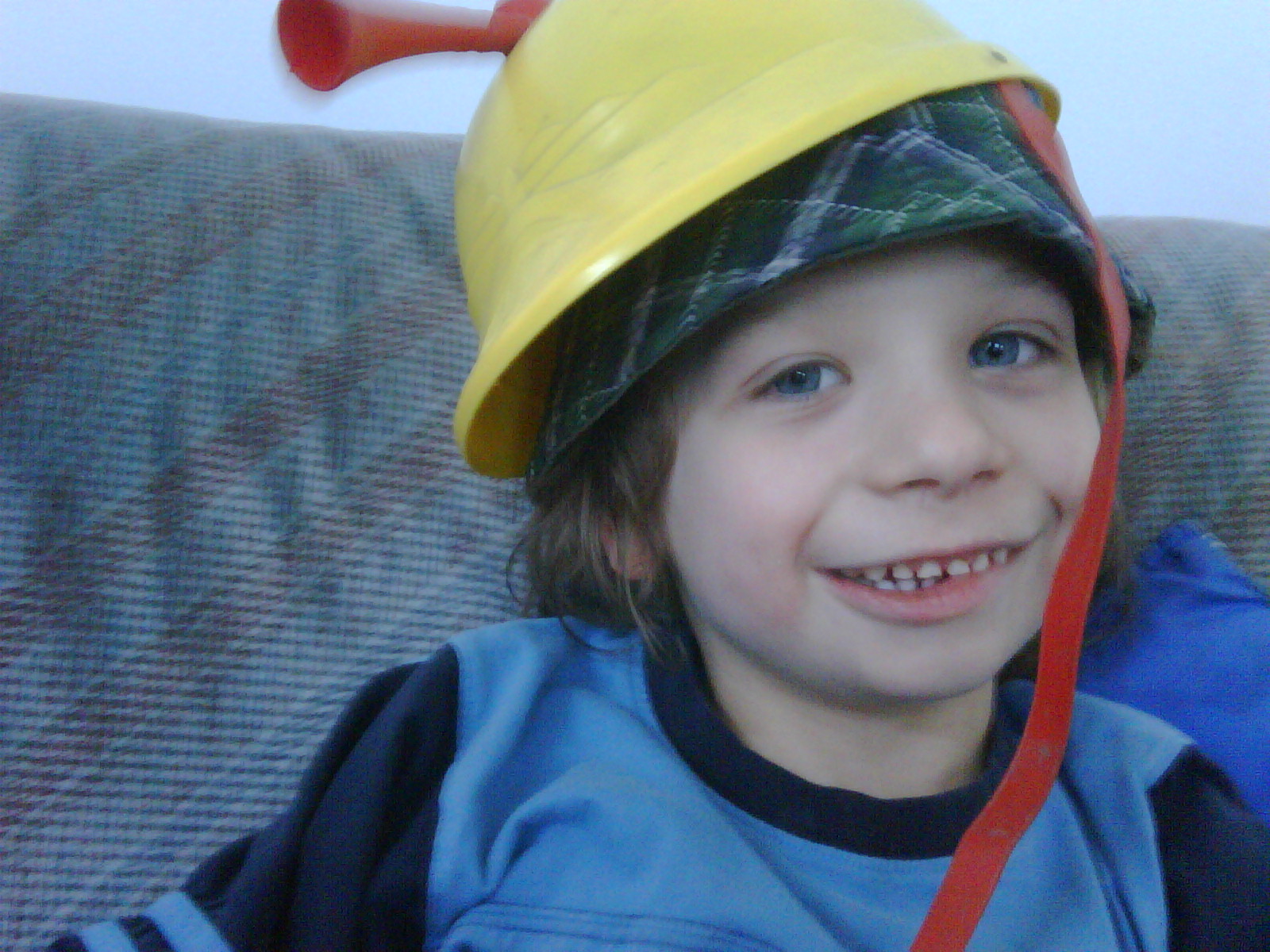When I was a little girl, I didn’t play with dolls. Being a bit of a tomboy, I was much happier getting my knees scraped up and playing with potato guns with my brother and his friends (my poor mother would reach into the bag of potatoes while preparing dinner, only to pull out potatoes that we had used in our potato guns and then put back, full of holes, where we had found them). I’m pretty sure my mother worried about me. I had very little interest in typical little girl activities, and by all appearances, I was not dainty and girly, and I had the maternal instincts of a gnat. How would this rough-and-tumble kid grow up to have a functional spousal relationship, not to mention kids?
I didn’t do much to ease the concern of my parents when I was a teenager and later, a young adult. Socially, I was a late bloomer, and when I did finally start dating, I was going out with entirely unsuitable people. I had my first honest-to-goodness, genuine relationship with a decent human being when I was well into my twenties. I was with the man in question for two years before life simply took us in opposite directions. That break-up came about a year after my brother came tumbling out of the closet, so my poor parents despaired of ever having grandchildren at that stage. To be honest, I kind of gave up hope for myself as well. I was thirty and alone, and about to move to a place where I knew no-one.
When I was finally expecting my first son at the ripe old age of 33, I started to worry for entirely different reasons. I was convinced that I was going to be a crap mother. I had no patience at all. I had a quick temper. I’d never really felt comfortable around children, and I wasn’t really sure that I’d know what to do with my own child. I knew a whole lot about being pregnant – what to eat, how to exercise, what all of the little aches and pains meant – but when it came down to it, I knew nothing about actual babies.
Seven years and one day ago, on September 17th 2003, I spent the day cleaning my house to within an inch of its life. I didn’t know what had come over me: I am not exactly a poster child for domesticity. I was even cleaning windows, for the love of God. My nine-month-pregnant self was tottering precariously on a chair making sure there were no cobwebs in the corners of the ceiling. That afternoon, I went to the grocery store and stocked up. When I got home, I cleaned out the fridge and rearranged cupboards. I think Gerard, the soon-to-be Dad, was a little frightened by my sudden flurry of activity. I may have been just eleven days away from my due date, but wild horses couldn’t have stopped me. I was a woman possessed.
Six hours later, when I felt as if I was being turned inside out by contractions, I realized that I had spent the day nesting. I had read about this nesting phenomenon, but at the time I hadn’t really put two and two together. It is debatable, of course, whether I was nesting because I was about to go into labour, or whether labour was induced by all of the nesting activity.
A few minutes before 11:00 the following morning, September 18th 2003, the pain was forgotten as a brand-new baby boy was placed gently in my arms. As I looked at my George, into those big eyes that looked so innocent and yet so wise, I was struck by the enormity of this life change. Five minutes previously, I had been just another woman – admittedly one going through an intensely painful experience without any drugs to kill the pain. Now I was a mother. I was responsible for an entire human being. How he turned out, what kind of life he had, would depend to a great extent on my actions. The weirdest sensation I had was that I was actually ready for it. I was not afraid (although, to be honest, some pretty intense anxiety would hit two days later, when I was sent home and expected to actually keep this miniature human alive without the aid of nurses telling me what to do).
Seven years on, my miniature human being has been transformed into a long, lanky beanpole of a kid whose pants keep getting too short for him. I still experience anxiety, but of a different kind, and I have just accepted that anxiety and worrying are just normal parts of parenthood. I have faced many challenges, survived another childbirth (also without drugs – do I not learn from these things?). I have discovered that contrary to what I used to think, I actually do have deep reserves of patience. I have learned what true unconditional love means, and that those maternal instincts that many people thought were missing when I was a kid were lurking in there somewhere all along.
I have watched my baby grow into a wonderful little boy. Things are sometimes really difficult for him, there are times when we cannot reach him in his autistic world. But more and more, we are making connections with him. We are seeing the spark of intelligence and the emergence of a wonderful quirky sense of humour. He is quick to smile and when he’s with the people he loves, he is generous with his hugs.
On September 18th, 2003, my life changed forever. Not only did I become a mother. I became George’s mother, and that is something truly special.
Happy seventh birthday to my beautiful boy who has touched the world with his own special brand of magic.











